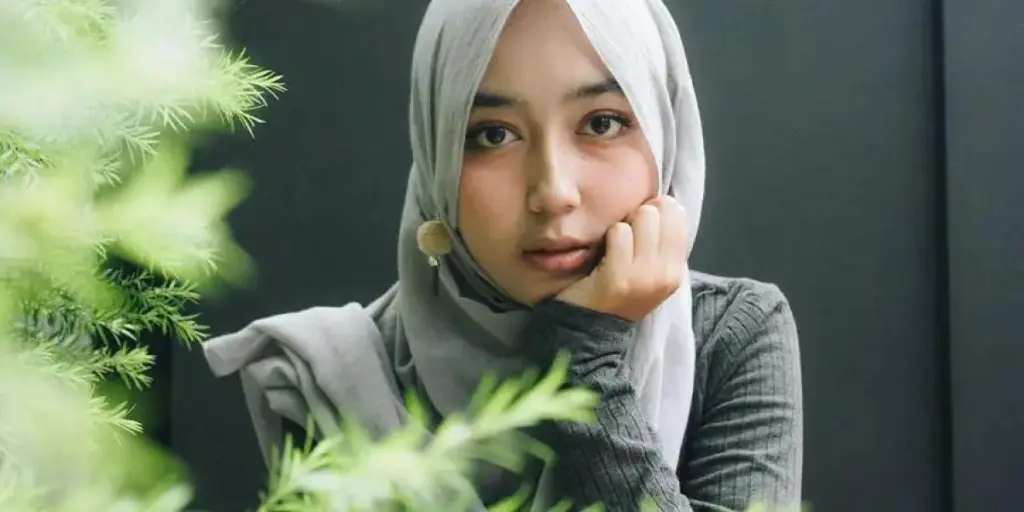“Halal” is an Arabic word that means permissible and acceptable. Similarly, halal beauty is a classification of cosmetics that are composed and produced under Islamic law. These products are regulated to be cruelty-free and vegan, that is, they do not use ingredients from pigs, carrion, blood, human body, predatory animals, alcohol, and many others. Some elements from animals are acceptable, however, provided that the animals are appropriately slaughtered following Islamic law. This also requires the manufacturers to maintain purity throughout the process of preparation, processing, and storage of their products.
In the past, halal products were only popular among Muslim women. But nowadays, these products are more commonly used throughout the world, especially among Millennial vegans and environmentalists. With the market steadily expanding among young customers, the growing popularity has promoted the innovation of these products.
Table of Contents
The overall market for halal beauty
Halal beauty trends
Conclusion
The overall market for halal beauty
A recent report showed that, in 2020, the global halal beauty industry was valued at $29.13 billion and is predicted to grow at a CAGR of 20% by the year 2027. Today, online shopping for halal beauty products, including other personal care products, has become a global trend, with the online retail segment expected to grow rapidly in the next 10 years.
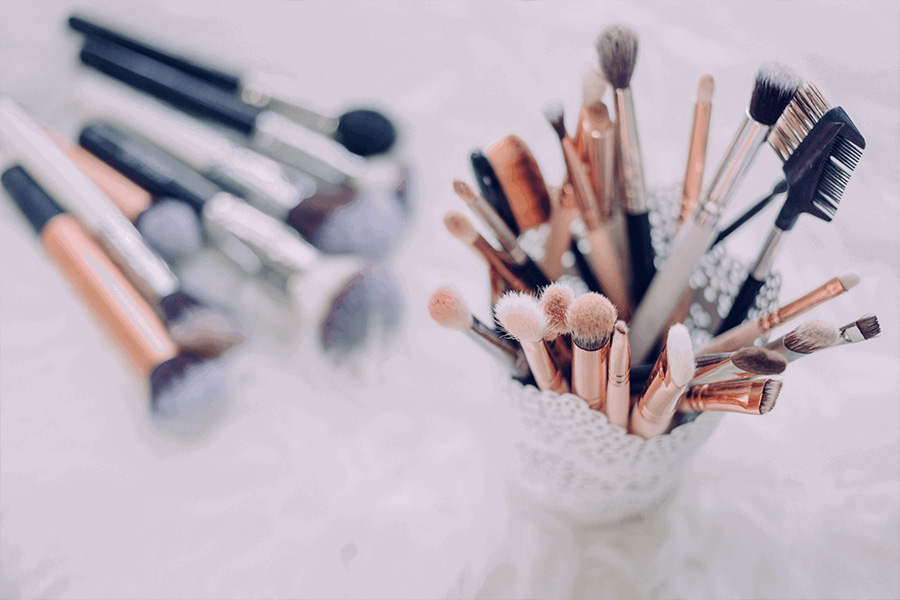
In line with the rise of veganism, more people now have a heightened awareness of environmental issues. This has given way to the rise of the halal beauty industry. More particularly, there are more sustainable choices with only permissible animal ingredients in the production process. Furthermore, younger customers are creative and more interested in buying innovative makeup products. These customers are also digital natives and more likely to be influenced by trends on social media.
Halal beauty trends
Expansion of young customers and markets
Indonesia, Malaysia, and Singapore have witnessed the rapid growth of halal beauty. The cosmetics market in Southeast Asia is developed in a way that there is great awareness among Muslim consumers and a well-established halal regulatory environment. In 2019, Indonesia passed a law to make halal certification mandatory. As the first country to enforce halal certifications, the regulation is leading the future of halal makeup. At the same time, makeup brands are investing in Malaysia for halal expertise.
In the APAC region, halal beauty has a highly promising future. There is predicted to have a population of about 1.5 billion Muslims in APAC by 2050. This means that by 2027, APAC is expected to have the largest proportion of the global beauty industry market size in halal cosmetics, reaching $104 billion.
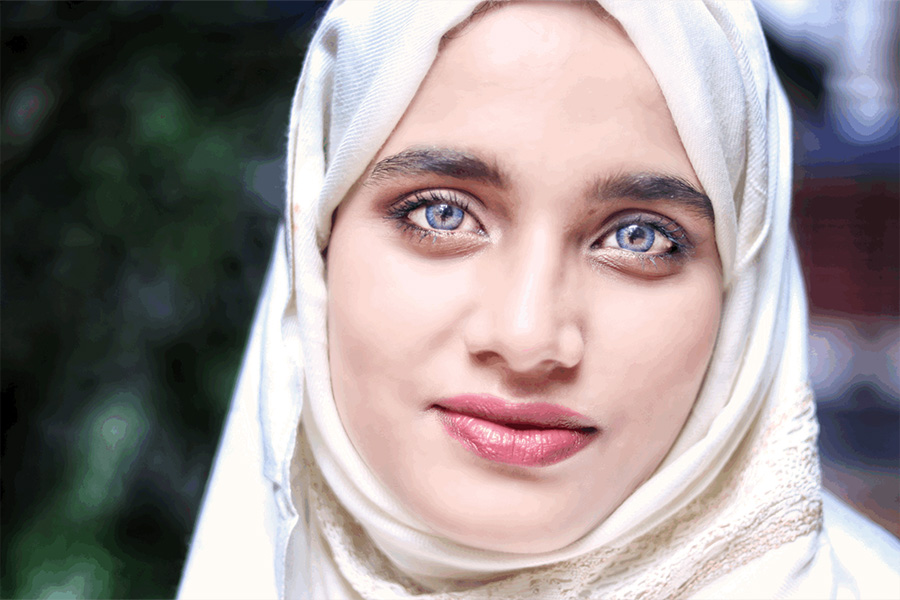
In addition, Muslim beauty (also known as M-beauty) is capturing global attention and is predicted to be the next big thing after K-beauty. This new trend is led by Millennial Muslim girls and women, who have shown that wearing a hijab can be fashionable. This style is also defined by the makeup that is worn, which is typically characterized by a colorful and elegant style with flawless eyebrows, attracting eye shadows, and bold lips. M-beauty has become an increasingly fashionable trend among young customers within Southeast Asia and worldwide.
Health and sustainability of ingredients
Although halal beauty was created for the Muslim population, it is also adopted by non-Muslims. Halal cosmetics are produced in a way that ensures the safety and quality of cosmetic ingredients.
To strictly ensure that halal certification demands are met, an Islamic Affairs organization tracks down the source of every ingredient. A halal certification assures that products are not only safe for the skin, but also the environment.
Customers regard halal products as harmless and of high quality. Since no alcohol or other non-halal ingredients are used, halal products do not bring adverse effects to the skin. Thus, buyers can feel free to choose from any commodities that have this certification.
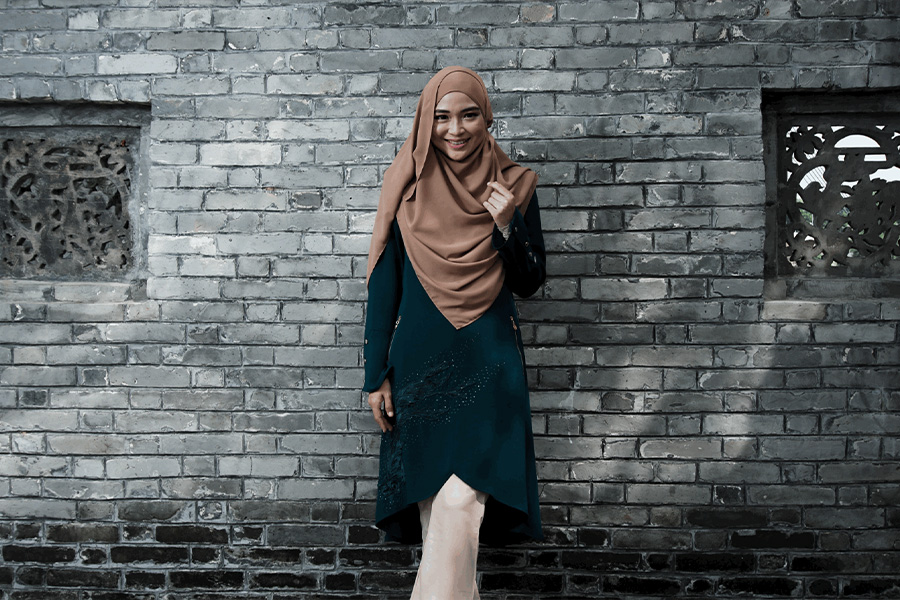
In addition, halal products are made sustainably. The ingredients consist primarily of natural sources such as vegetables and a few animal sources. As vegan and cruelty-free cosmetics are now skyrocketing in demand, many non-Muslims who are looking for eco-friendly and vegan products shift to look for halal-certified cosmetic products.
Innovation in beauty products
Another important trend in halal beauty is innovation, as evident from both buyers and sellers. In recent years, a number of trendy and young halal beauty brands have emerged. One of them is BLP Beauty, which offers makeup in a range of shades that cater to the needs of Indonesian women with different skin tones. Their products are designed and innovated to be comfortable to wear in the hot and humid conditions of Southeast Asia.
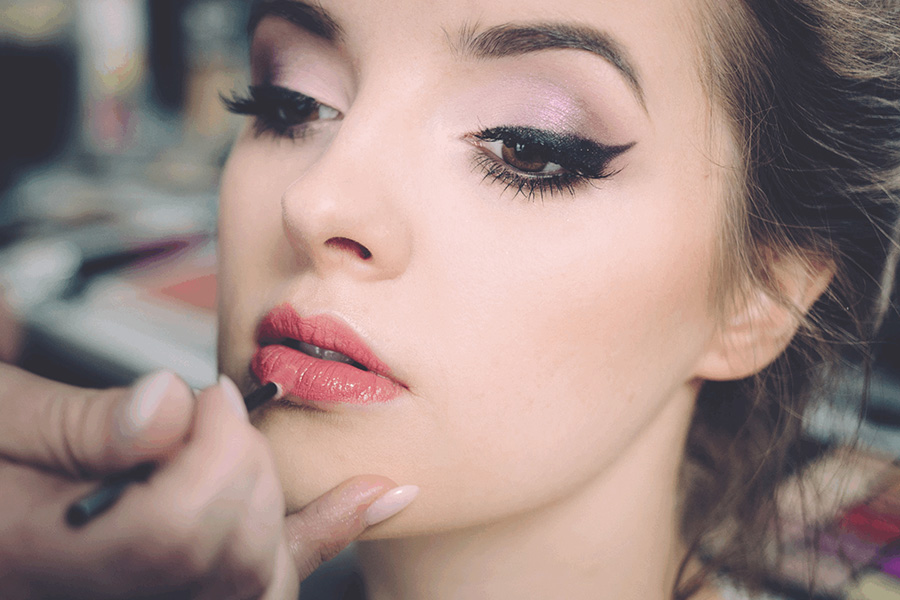
In addition, many halal brands pay close attention to quality. In the past, halal cosmetics performed worse in the market due to their lack of product diversity. But today, consumers can choose from a variety of products, including waterproof makeup in a range of flat and shiny colors.
Furthermore, innovation in sales channels such as e-commerce is remarkable. These new sales channels are helping companies significantly increase their sales volume. With the growing demand for halal products online, this distribution sales channel is expected to grow at a fast rate of 18.2% by 2022. In this case, there is a demand for companies to focus on building their online stores.
Marketing with social media
To attract younger generations and digital natives, halal beauty brands are emphasizing advertising on social media to stimulate online orders. The new generation of beauty companies is pushing the envelope forward in terms of advertising creativity to wow the digitally native population.
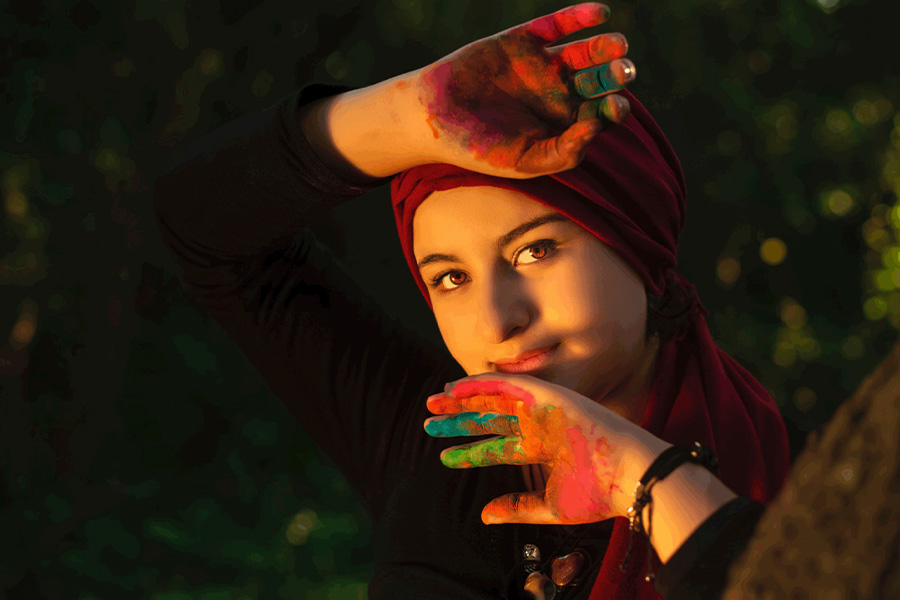
Young Muslim beauty consumers are building their modest fashion empires on the Internet. Social media influencers are sharing beauty tips and their favorite products, which creates a strong bond with followers, not only limited to the Muslim community. With faith and religion being the basis of halal beauty cosmetics, the entire Indonesian color cosmetics market has been boosted.
As a halal beauty brand, for example, you can participate in online forums to find out what consumers are looking for. To attract more buyers, you can create a website and decorate it to your liking. In addition, you can build publicity events with campaigns on social media. These types of campaigns can be effective in spreading awareness about your brand through word of mouth.
Promoting halal products with nice packaging, advertising your brand, and hosting related events via social media will help you reach a larger audience and lead the next fashion trend.
Conclusion
The global halal cosmetics market continues to expand from Southeast Asia to the Middle East, and the global population. To capture more visitors and become a leader in the market, you need to keep up with the latest trends. In this regard, social media presence is a must, as it gives you an ideal platform to share your products that are sustainable, innovative, of high quality, and perhaps most importantly, meet halal standards and lead the next trend in halal lifestyle. Jumpstart your halal beauty business with Alibaba.com.
